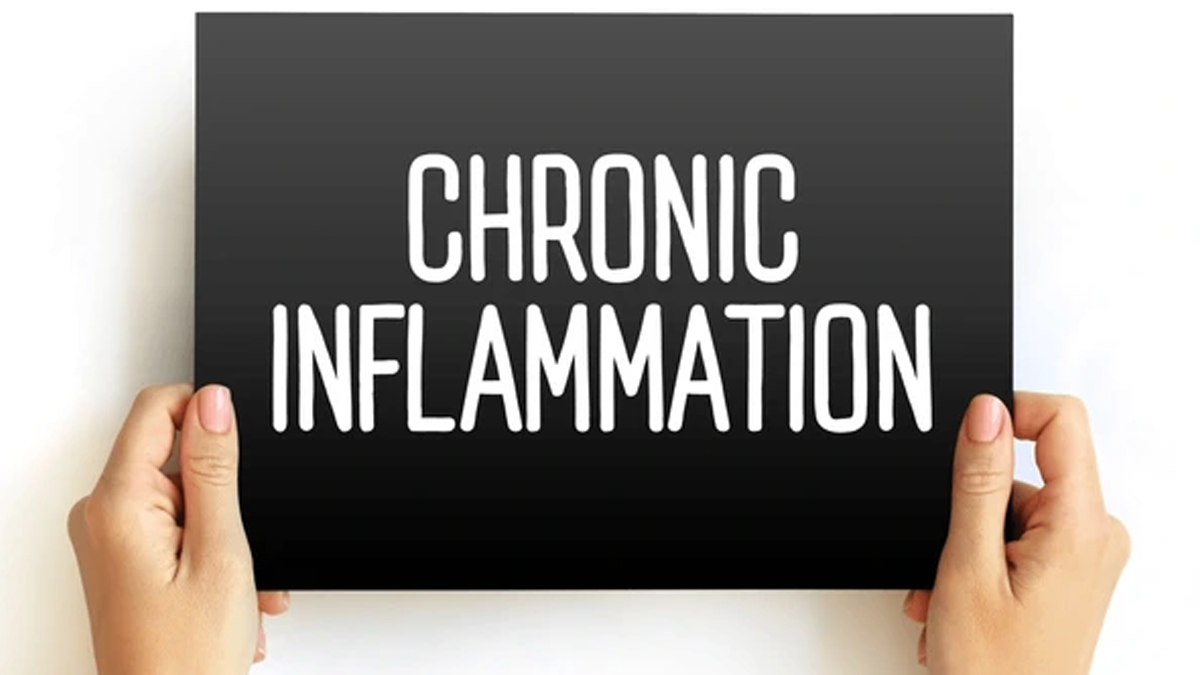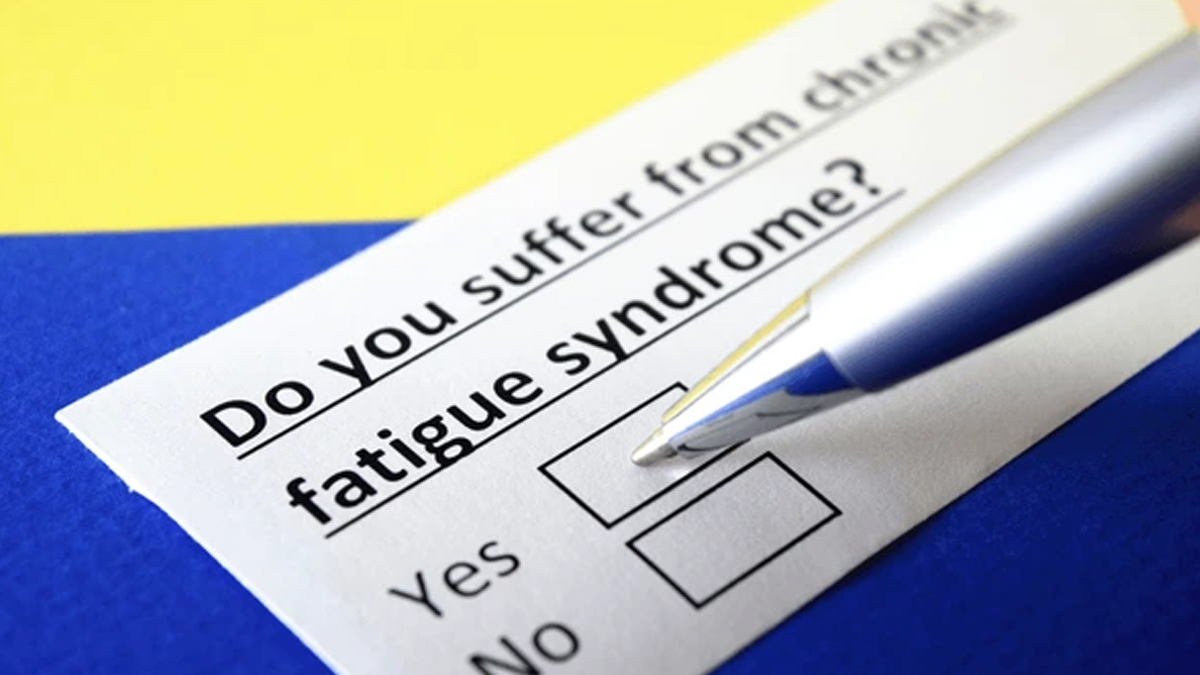
If you are sore, achy, or tired all the time, even without going to the gym or performing any strenuous physical work, it might be your body's quiet signal of waving a red flag. And no, it's not merely 'sleeping wrong' or 'getting old.' Persisting, unexplainable muscle soreness might be indicating something profound that's worth paying attention to.
Table of Content:-
What Is Behind My Constant Soreness If I am Not Exercising?
1. Chronic Inflammation Could Be Behind It

You don't have to be weightlifting to have inflammation. Poor diet, stress, sedentary lifestyle, or existing medical conditions can all lead to chronic low-grade inflammation that manifests as muscle stiffness or soreness.
Inflammation is the body’s defence mechanism, but when it becomes chronic, it starts attacking healthy tissues. This can result in muscle tenderness, fatigue, and joint stiffness, especially in the morning.
What you can do: Focus on an anti-inflammatory lifestyle. Cut down on ultra-processed foods and sugar, get 7-8 hours of sleep, and include foods rich in omega-3s, like walnuts and flaxseeds. Gentle movement, like yoga or walking, can also help keep the inflammation down.
2. Vitamin D or B12 Deficiency
Surprisingly, many Indians have low levels of vitamin D and vitamin B12, even though they otherwise feel healthy. These conditions are strongly associated with muscle weakness, bone pain, and body aches.
Vitamin D plays a role in calcium absorption and muscle function, whereas B12 is crucial for nerve health. When you're deficient in these nutrients, the result is unexplained body aching, pins and needles sensations, and tiredness.
What you can do: Get your levels checked through a simple blood test. If found deficient, your doctor may recommend supplements or shots. Natural sources like sun exposure (for vitamin D) and dairy, fish, and eggs (for vitamin B12) can also help.
3. Thyroid Troubles
You can get caught off guard with an underactive thyroid (hypothyroidism). It will decelerate your metabolism and lead to weight gain, dryness of the skin, depression, and mysterious muscle aching and joint pain.
Most people don't associate thyroid with muscle soreness, but slow thyroid hormones can lead to muscle breakdown and leave you feeling sore, even without exercise.
What you can do: If you’re experiencing muscle soreness alongside tiredness, hair thinning, or cold sensitivity, ask your doctor for a TSH test to rule out thyroid issues.
4. Fibromyalgia or Chronic Fatigue Syndrome

If you have been sore for weeks or months, and it's also accompanied by brain fog, sleep disturbances, or tenderness to the touch, it might be something more complicated like fibromyalgia or Chronic Fatigue Syndrome (CFS). These are real, often misunderstood conditions where the body processes pain differently.
People with fibromyalgia often describe their bodies as feeling like they’ve been through a workout, even after doing nothing physically intense.
What you can do: Although these conditions cannot be treated completely, they can still be managed. Pain management, lifestyle changes, stress reduction, and counselling can work wonders. Avoid self-diagnosing. It is always advised to consult a medical practitioner.
5. Stress and Poor Sleep
Mental stress manifests physically, too. If your mind is constantly on overdrive, your muscles may remain in a tense, contracted state, leading to soreness.
The stress exacerbates when you don't get adequate sleep, and your body doesn’t get the chance to repair or recover, even from day-to-day movements.
What you can do: Incorporate daily relaxation rituals, deep breathing, journaling, evening walks, or cutting off screen time an hour before bed. Prioritising sleep and managing stress isn’t just good for your brain; it directly affects how your muscles feel.
When Should You See a Doctor?
If the soreness:
- Lasts more than 2-3 weeks
- Comes with fatigue, mood changes, or numbness
- Affects your ability to do basic tasks
- Gets worse with time
Bottomline
Your body isn’t being dramatic, it’s trying to talk to you. Ongoing soreness without physical exertion isn't an issue to dismiss. Whether it's an imbalance of nutrients, hormonal swings, inflammation, or stress, the pains are only the tip of the iceberg. The sooner you take heed, the sooner you'll be feeling better, stronger, and more confident of being in charge of your wellness.
[Disclaimer: This article contains information for informational purposes only. Hence, we advise you to consult your professional if you are dealing with any health issue to avoid complications.]
Also watch this video
How we keep this article up to date:
We work with experts and keep a close eye on the latest in health and wellness. Whenever there is a new research or helpful information, we update our articles with accurate and useful advice.
Current Version